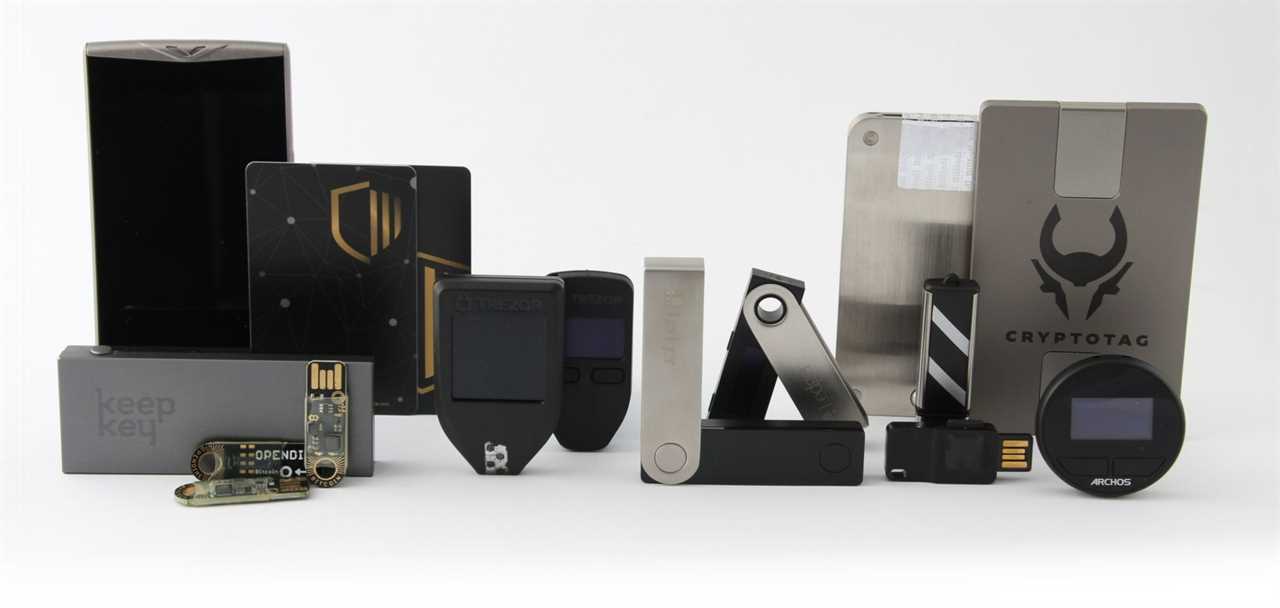
The Growing Threat
Cryptocurrency users are increasingly falling victim to online hacks, with high-profile figures like Mark Cuban losing almost a million dollars from their digital wallets. But who are the hackers behind these attacks?
Introducing the Lazarus Group
The Lazarus Group is a North Korean state-sponsored hacking group notorious for their sophisticated attacks. They were responsible for the WannaCry ransomware attack, which disrupted critical services in healthcare and government institutions. Their activities in the cryptocurrency space have raised concerns about the group's ability to fund the North Korean regime and evade international sanctions.
A Long List of Hacks
The Lazarus Group's hacking spree in the cryptocurrency world is extensive. They have been linked to high-profile hacks, including the recent $620 million theft from Axie Infinity bridge Ronin and the $55 million hack of crypto exchange CoinEx. The Federal Bureau of Investigation (FBI) estimates that the group has stolen over $200 million in 2023 alone.
The Tactics of the Hackers
Contrary to popular belief, most hacks occur through phishing and social engineering, not by brute-forcing passwords or gaining physical access. Hackers often pose as trusted figures, such as customer support representatives, to trick victims into revealing their personal information. Phishing attacks involve deceptive emails or messages, while baiting attacks use enticing offers or job opportunities to distribute malware.

Protecting Your Funds: The 3 Steps
Thankfully, there are simple steps you can take to safeguard your cryptocurrency:
- Use hardware wallets for long-term storage of your crypto assets. These wallets are offline, making them highly secure against online threats like phishing attacks and malware.
- Enable Two-Factor Authentication (2FA) on all your crypto exchange and wallet accounts. This adds an extra layer of security by requiring a one-time code generated by an app like Google Authenticator.
- Be cautious when clicking on links in emails and social media. Scammers often use enticing offers or giveaways to lure victims. Use separate accounts for experimenting with new apps and airdrops to reduce the risk of losing your funds.
By following these guidelines, you can substantially enhance the security of your cryptocurrency assets.
Note: The information provided in this article is for general purposes only and should not be considered legal or investment advice.
Did you miss our previous article...
https://trendinginthenews.com/crypto-currency/bitcoin-price-holds-26k-as-mkr-aave-rune-and-rndr-flash-bullish-signals






